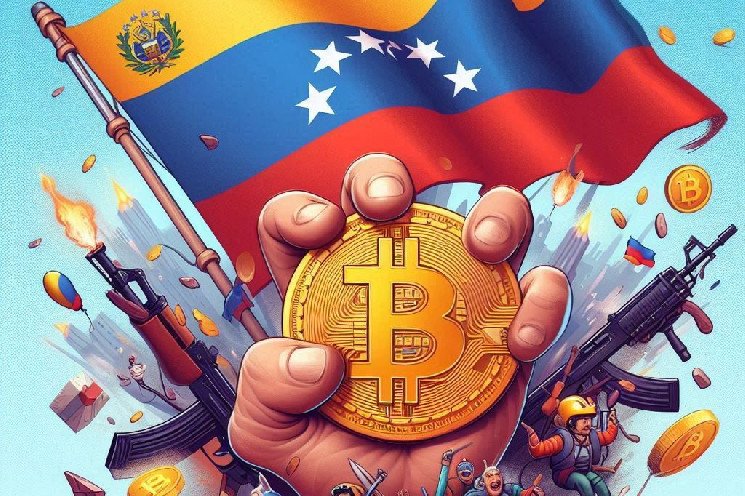Presidents like Bukele of El Salvador and Milei in Argentina are paving the way for pro-bitcoin policies to improve economies. Mauricio Di Bartolomeo, co-founder of Ledn, believes that cryptocurrencies will play a significant role in upcoming elections in Latin America. He notes that citizens are increasingly favoring candidates who support Bitcoin as a viable financial alternative. The success of Bukele and Milei in implementing pro-bitcoin policies has shown that this approach can be both popular and effective in boosting economic conditions.
Di Bartolomeo predicts that the next electoral cycle in the region will heavily revolve around the adoption of Bitcoin and the push for improvements in the monetary system. He points to El Salvador as a prime example, where Bukele’s decision to make Bitcoin legal tender alongside security policies has garnered national interest and stimulated the tourism economy. This success has caught the attention of neighboring countries like Guatemala and Nicaragua, who are eager to replicate El Salvador’s economic transformation through Bitcoin adoption.
In Argentina, Javier Milei has gained momentum by advocating for reforms in the monetary system to reduce central bank influence. Di Bartolomeo highlights the cross-border influence of Milei’s initiatives, as they have resonated with voters in neighboring countries like Guatemala and Nicaragua. The potential economic benefits witnessed in El Salvador and Argentina have sparked interest among citizens in other Latin American nations, prompting a reevaluation of traditional financial paradigms in favor of embracing Bitcoin as a promising alternative.
Di Bartolomeo also discusses the potential for Venezuela to become a Bitcoin mining hub under new leadership. With the recent ban on Bitcoin mining by Maduro’s administration, political change could lead to a shift in policies that leverage Venezuela’s abundant energy resources for cryptocurrency mining. Surveys indicate that Edmundo González, supported by María Corina Machado, holds a significant lead over Maduro, reflecting the population’s dissatisfaction with the current government’s approach.
The prospect of Venezuela transitioning towards greater freedom could have profound implications not just for Bitcoin and cryptocurrency markets but for the region as a whole. Di Bartolomeo concludes that the growing interest and adoption of Bitcoin in Latin America signify a rising demand for a more stable and transparent financial system. As more countries in the region explore the potential benefits of embracing Bitcoin, the stage is set for a transformation in the economic landscape that could reshape the future of the region’s monetary policies.



















